The revolution in paying for a morning cup of coffee went from digging around in your purse for loose cash to a simple tap to complete a transaction. This is the reality of Fintech trends. This revolution has made payments easier and more secure through the use of technologies like blockchain. These innovations are happening by the second. If you are someone in the financial technology trends, you wouldn’t want to miss them.
Anyway, even if you are not from these industries yet have used an e-commerce platform, you might find it interesting how they make you spend more money.
So, stick with us till the end to explore the top 10 Fintech industry trends that are making waves in 2024.
Table of contents
- The Intersection of Finance and Technology
- What are the Top 10 Fintech Trends in 2024?
- Fintech Solutions with ClickIT
- Conclusion of Fintech Trends
- FAQs
The Intersection of Finance and Technology
Fintech, or financial technology, consists of software, mobile apps, and/or algorithms. Sometimes it also contains hardware, like a piggy bank with an internet connection.
Fintech platforms enable routine tasks like check deposits, money transfers between accounts, bill payments, and financial aid applications. Not only that, but they also allow complex technical ideas like peer-to-peer loans and cryptocurrency exchanges.
Interested in building a Fintech App? Then, read more about How to Build a Fintech App.
Businesses use financial technology trends to process payments, conduct e-commerce, and handle accounting. Following the Covid-19 pandemic, an increasing number of companies are turning to fintech industry trends to support contactless payments or implement other tech-driven innovations.
What are the Top 10 Fintech Trends 2024?
The Fintech market was expected to reach a whopping $305.7 billion in 2023. The top fintech industry trends, or waves of innovation that contribute to that amount range from blockchain technology to embedded finance.
- Blockchain Technology
- Automation of Financial Services
- Cross-border payments
- Cryptocurrency
- AI solution
- Neobanks Appeal
- BNPL
- Chatbots in banking
- Digital Identity Verification
- Embedded finance
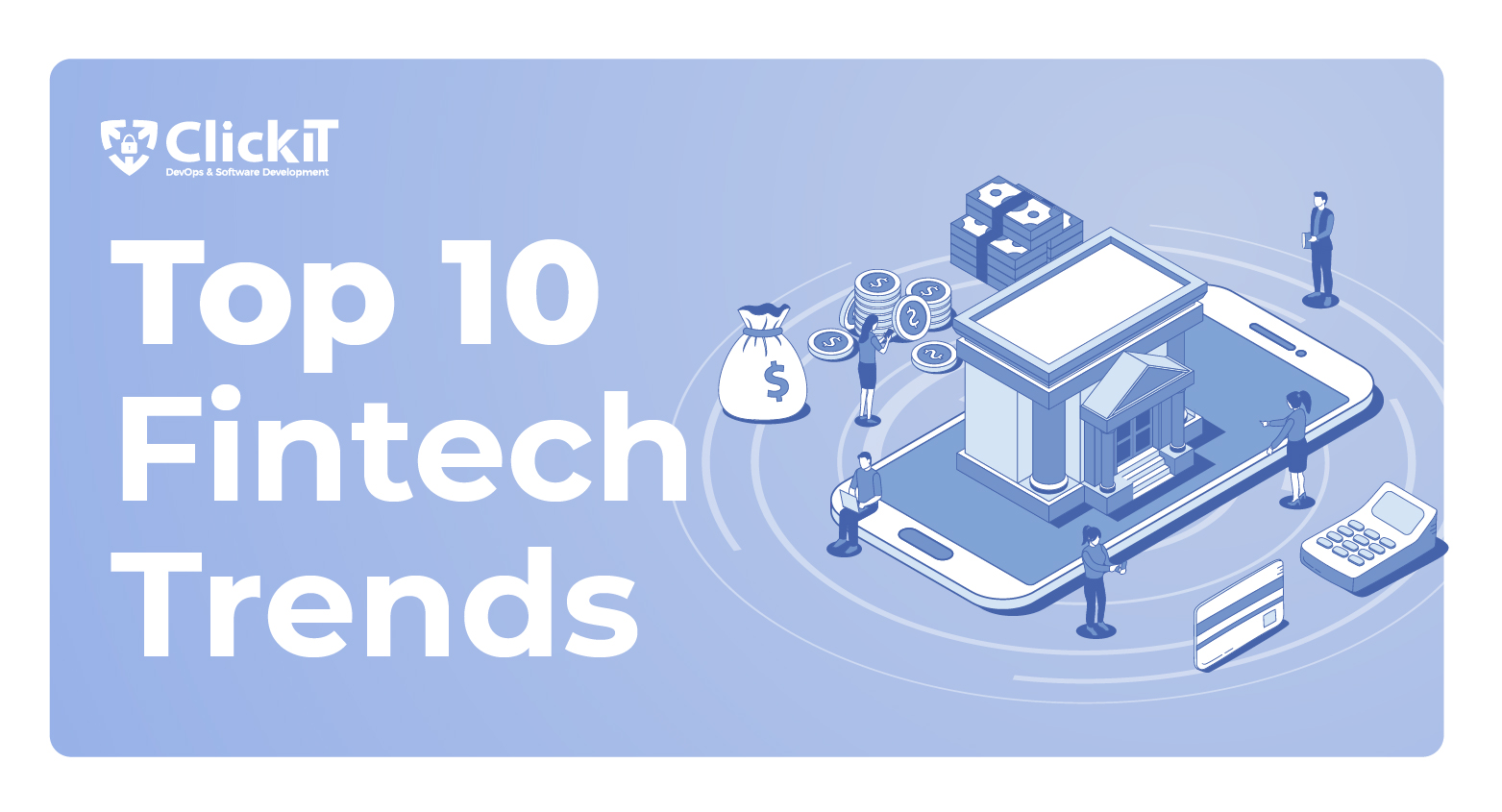
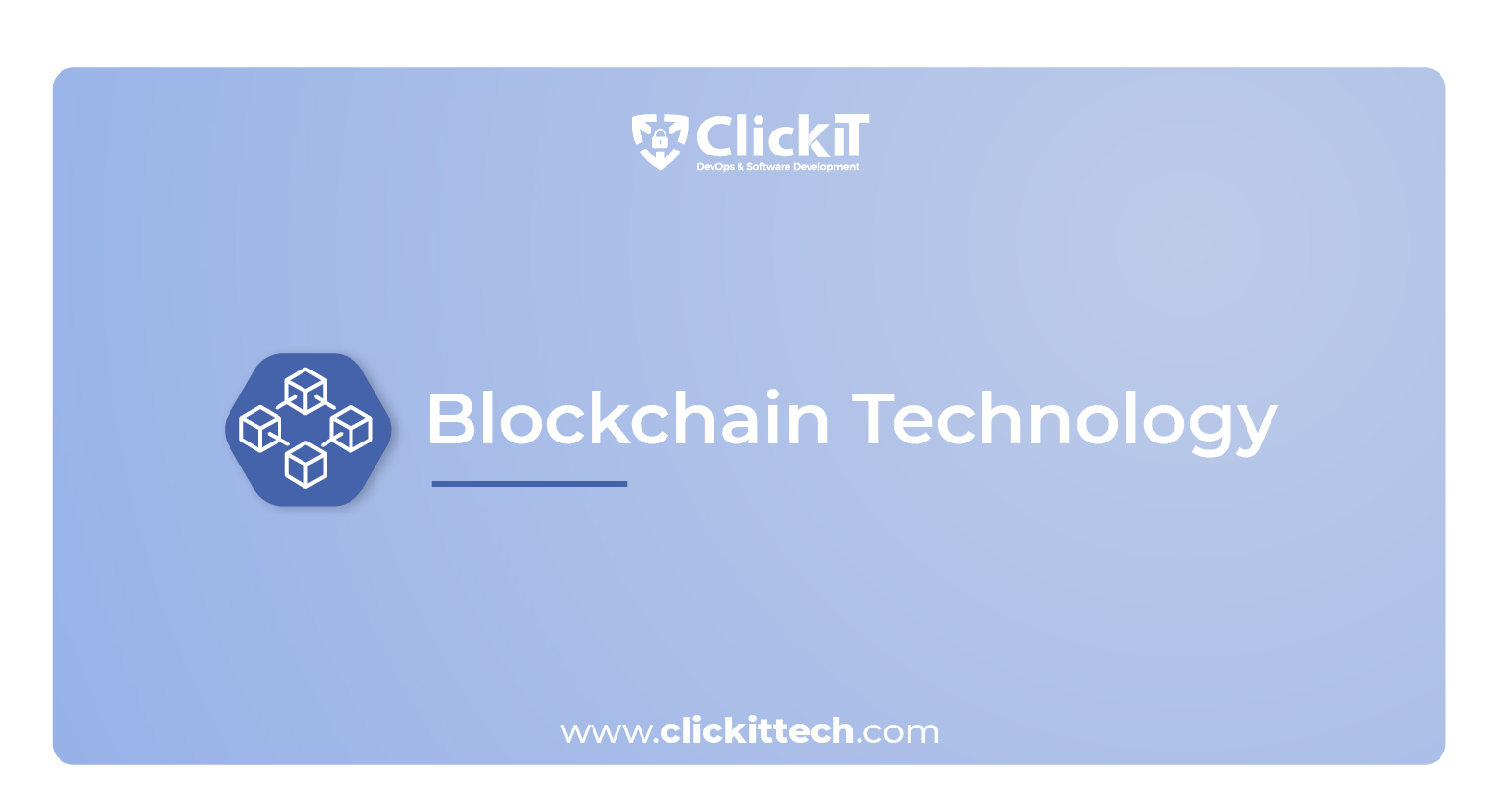
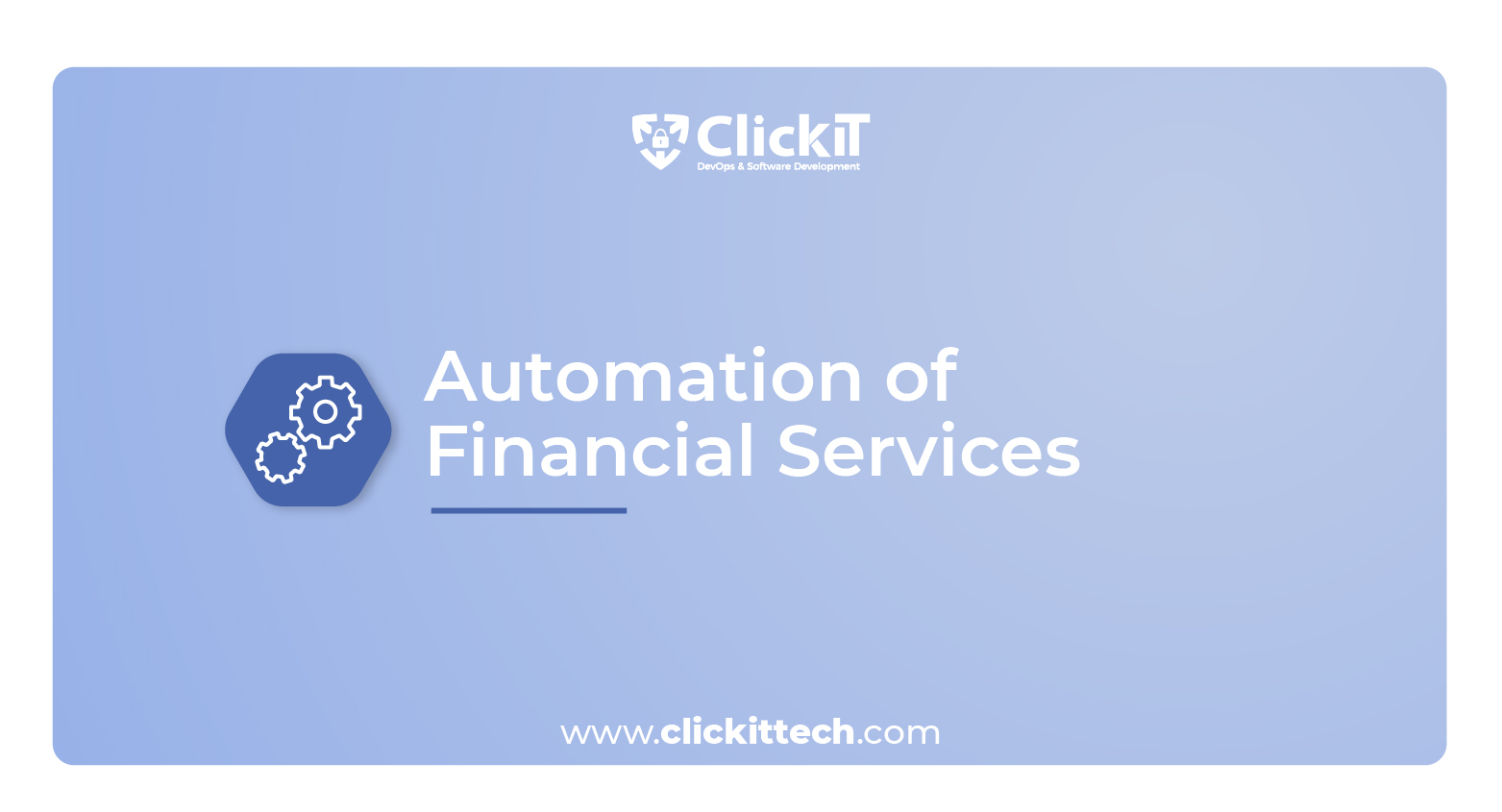
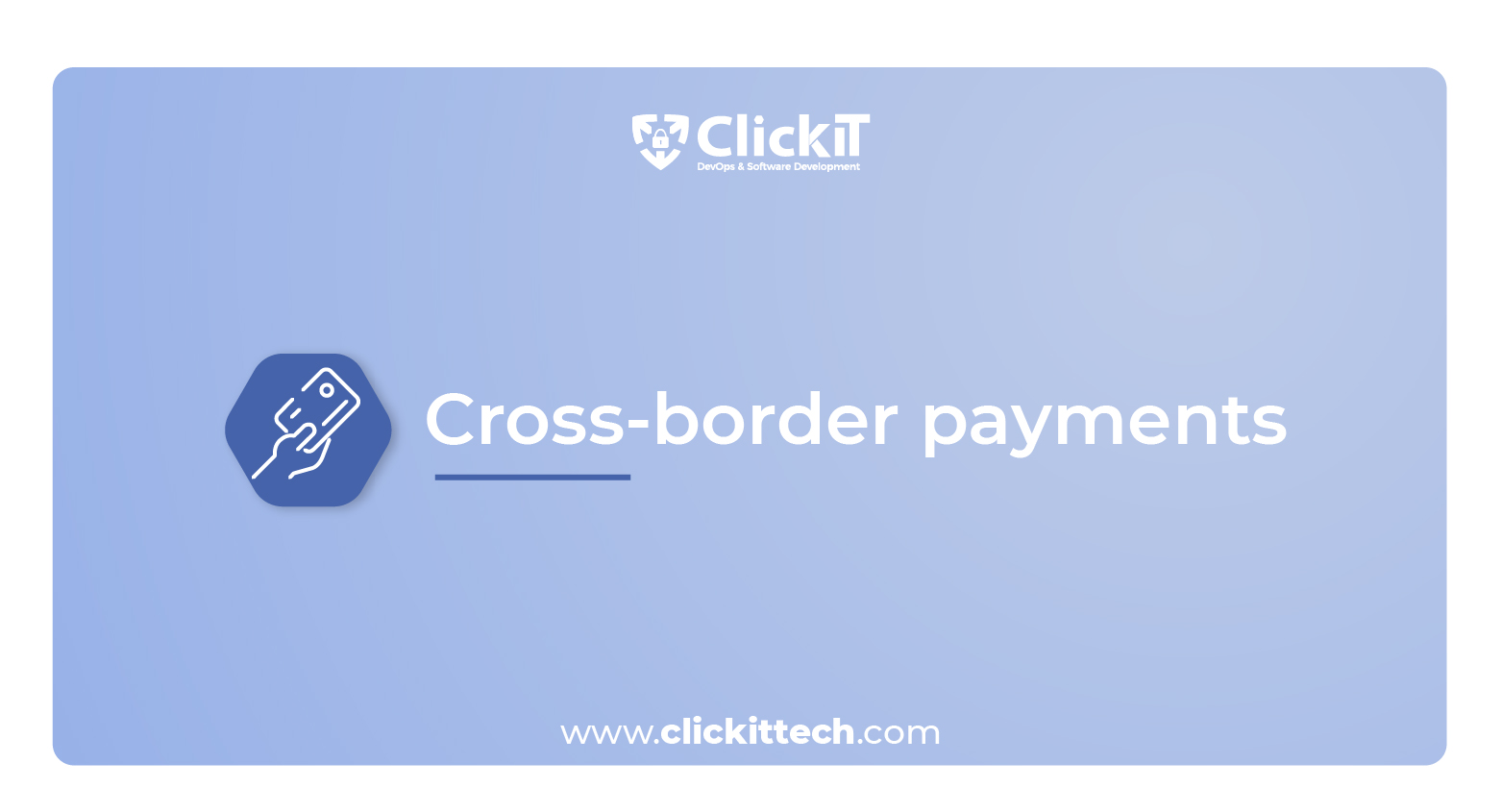
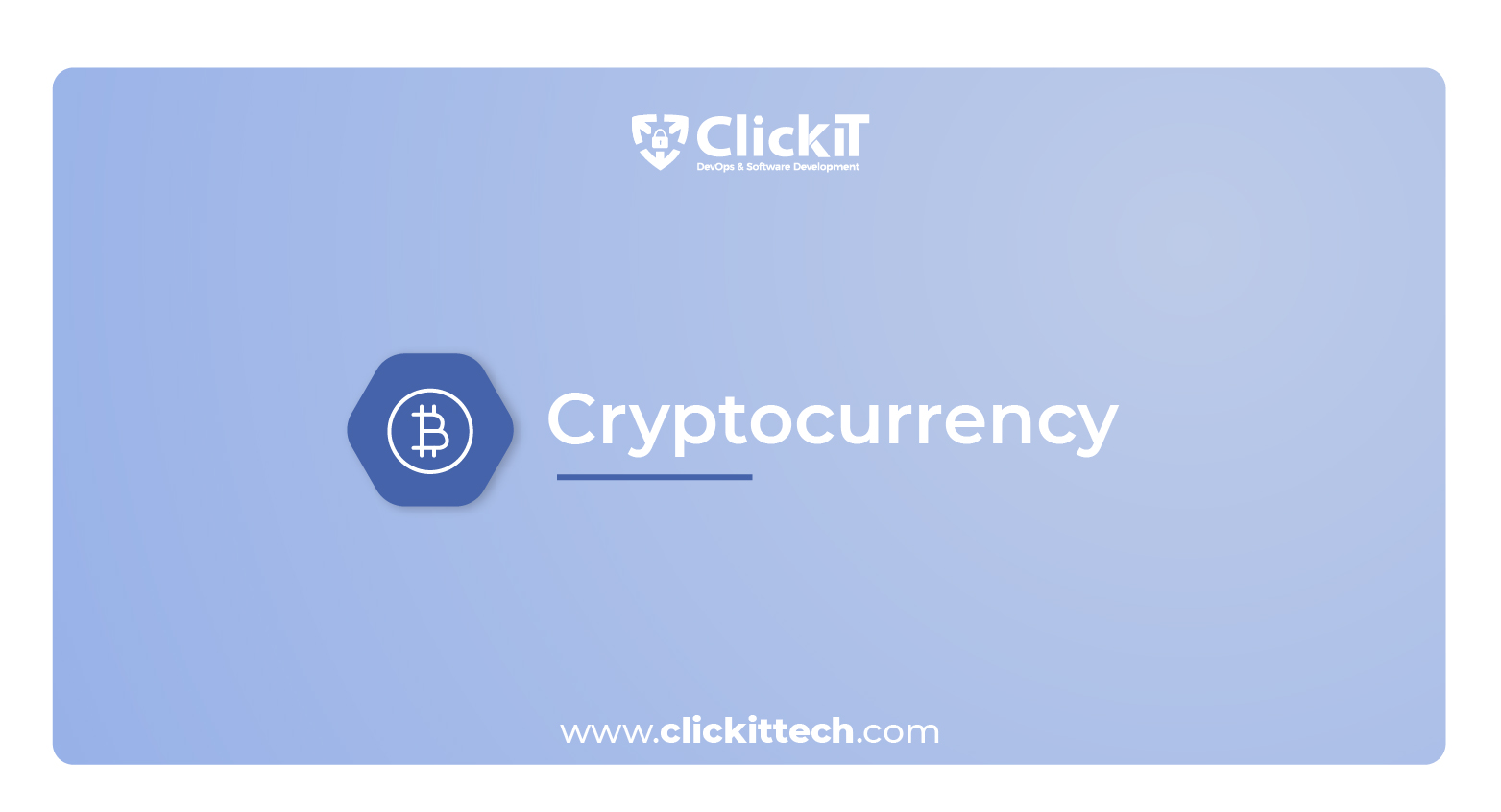
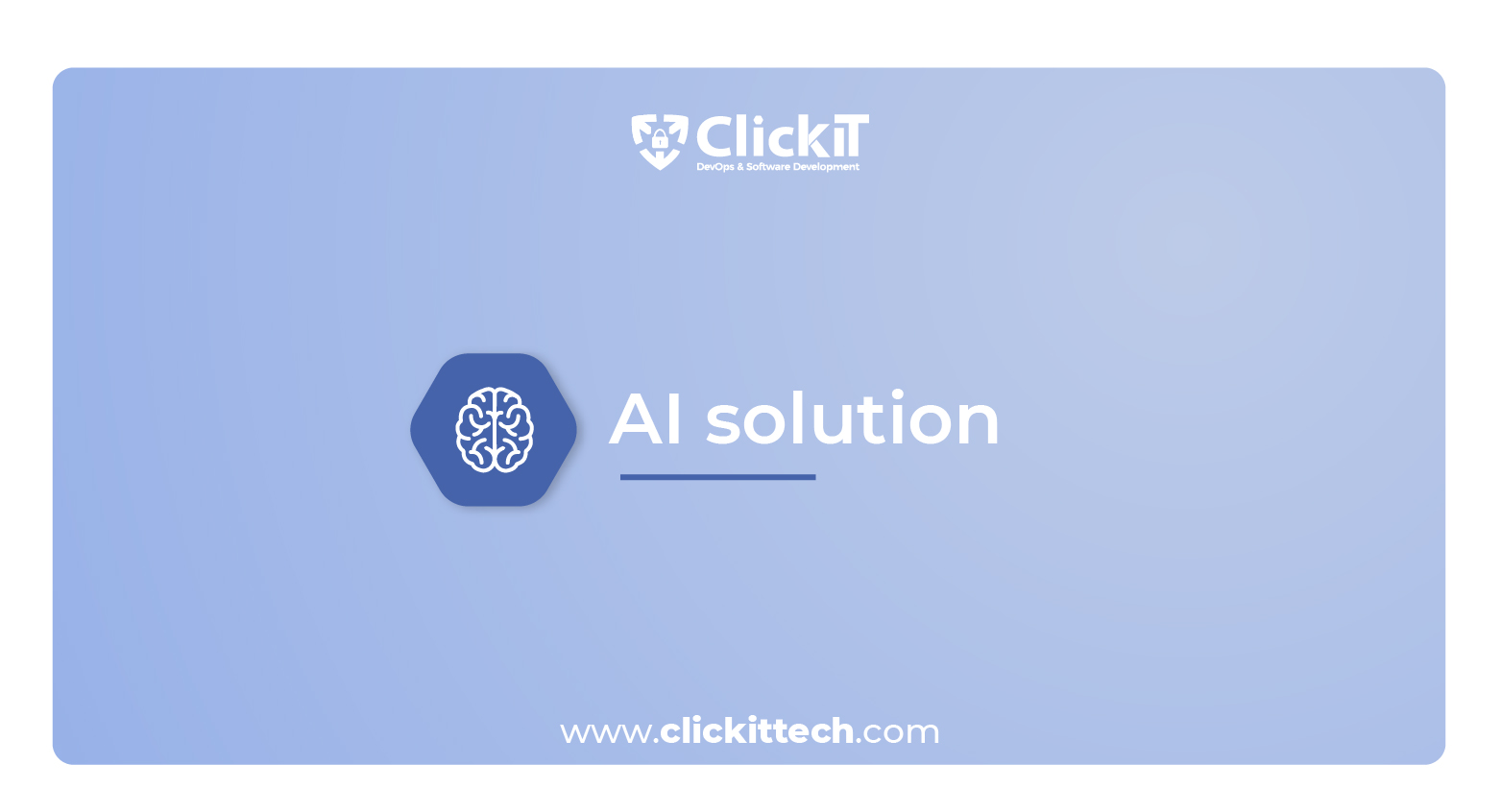
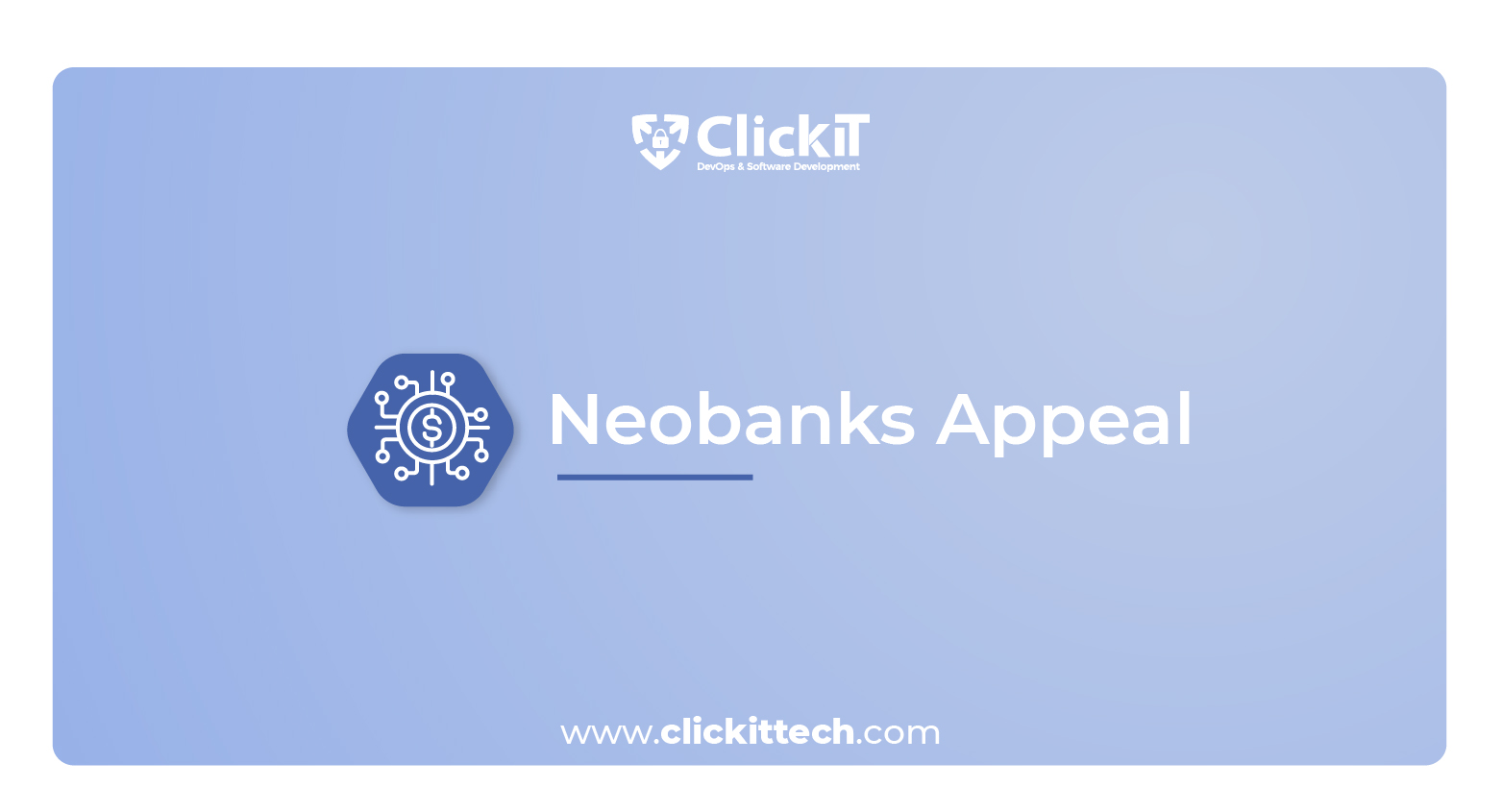
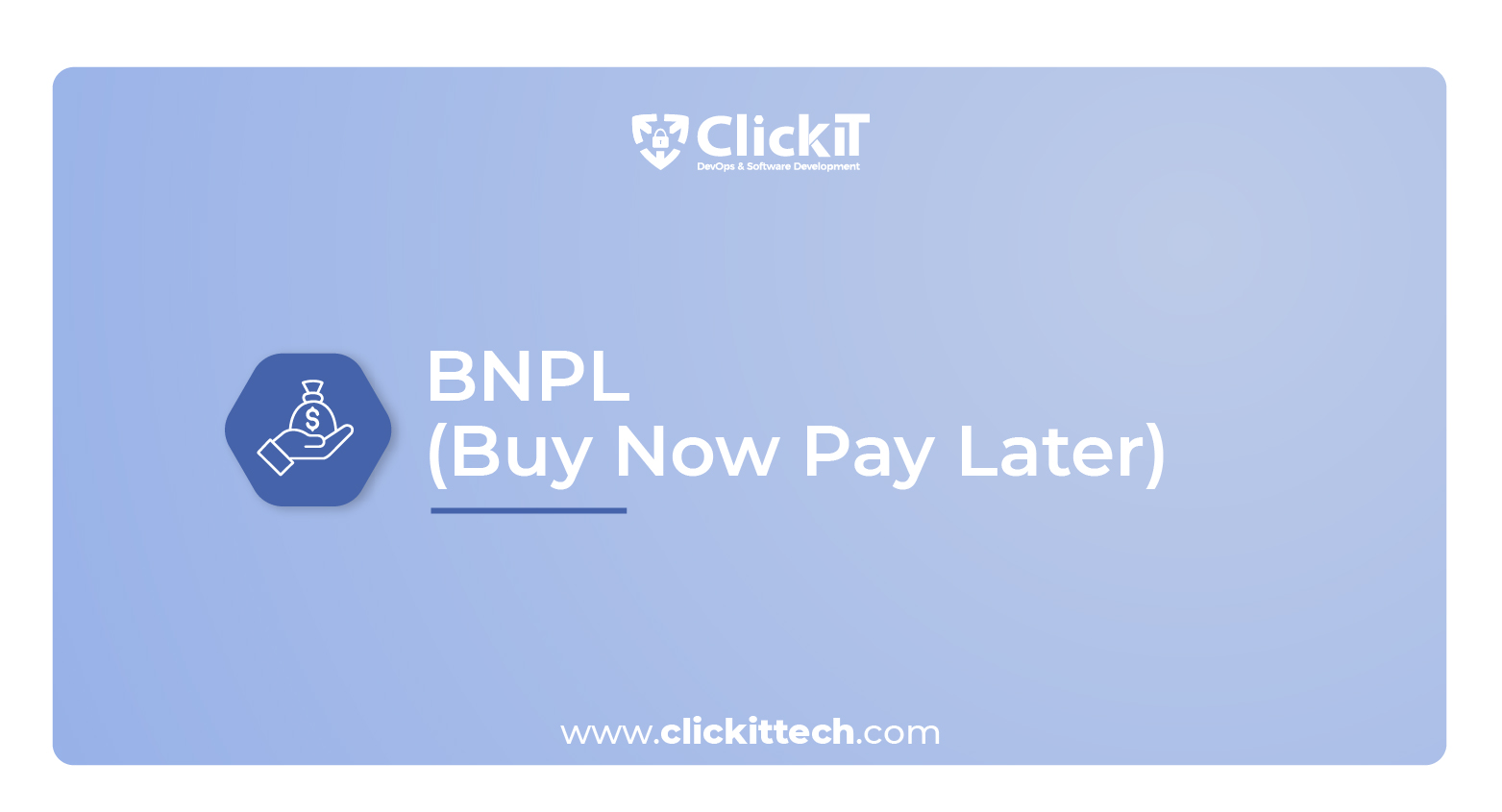
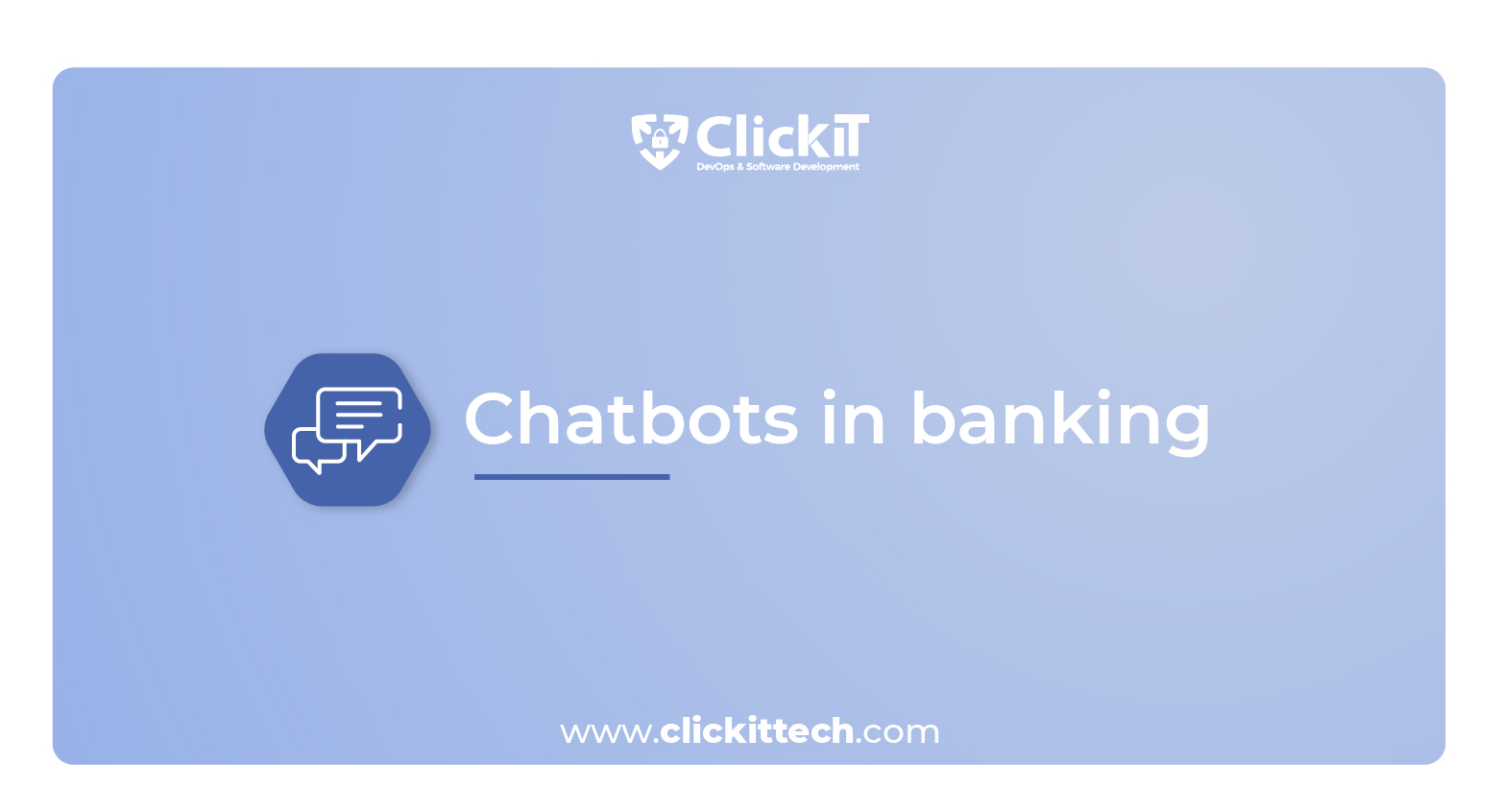
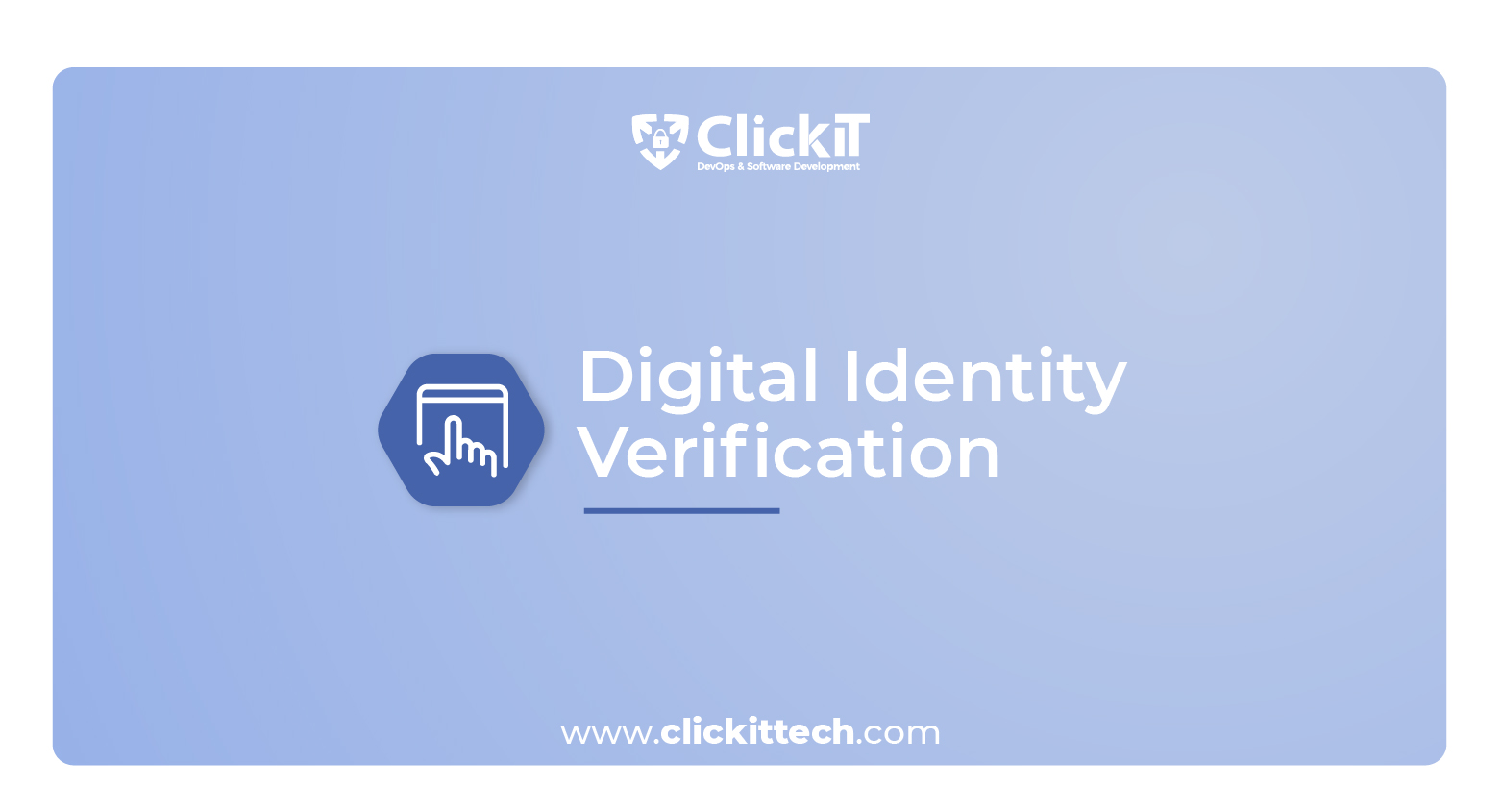

Fintech Trend 1. Blockchain Technology
There has been a remarkable adoption of Blockchain technology across various industries in recent years. The COVID-19 pandemic mostly fueled this trend, as people started seeking secure and efficient ways to perform transactions in a remote environment.
Statista reports that the global blockchain market is expected to reach $72 billion by 2026. There are several reasons for that, as explained below.
DeFi is a blockchain-based, decentralized financial ecosystem that offers a wide range of financial services, including borrowing, lending, and trading. After Covid, more and more people started to get familiar with Defi as an alternative to banks. In 2024, DeFi is expected to grow even more as it offers fast and low-cost financial services.
Moreover, Central banks around the world are exploring the potential of blockchain technology to create digital versions of their currencies.
Also read: Fintech vs Banks
Fintech Trend 2. Automation of Financial Services
The industry will expand at a compound annual growth rate of 27% between 2022 and 2029. In other terms, the market for RPA and highly automated banking will increase by one-fourth of its annual value.
The time of employees is greatly saved by RPA with hyper-automation, freeing them to focus on crucial financial duties. Regarding compliance, this financial technology trend lessens the probability of human error, reducing the possibility of data breaches. According to Accenture, RPA is the secret to improved compliance, based on the votes of 73% of respondents.
Not only that. According to a Deloitte study, 80% of banking customers have interacted with at least oRPA in the past 12 months. According to 73% of respondents on Accenture RPA tool, it is the secret to improved compliance. However, business banking can progress even further with more advanced hyper-automation systems like IBM Watson. After receiving insights from AI, ML, and RPA, institutions can use big data analytics to generate new revenue streams and make better choices. As a consequence, any financial institution can look forward to a bright future with hyper-automation combined with RPA, AI, and ML.
Fintech Trend 3. Cross-border payments
The rapid globalization of commerce and increasing demand for seamless international transactions have fueled the growth of cross-border payments. With the increased adoption of digital payments and e-commerce, businesses and consumers are constantly looking for more efficient and cost-effective ways to send and receive money across borders.
Fintech companies are using tools like blockchain and artificial intelligence to develop quicker, less expensive, and more secure cross-border payment solutions. Besides facilitating efficient and transparent cross-border transactions, these solutions offer extra advantages like real-time tracking and immediate settlements.
Additionally, authorities across the globe are implementing policies to promote fintech innovation and streamline international transfers. As an illustration, the European Union has implemented rules like PSD2 and Open Banking to encourage competition and creativity in the payments industry.
Fintech Trend 4. Cryptocurrency
Cryptocurrency will continue to be one of the emerging fintech industry trends in 2024 due to its decentralized nature. Thus, transactions can be carried out quickly, securely, and transparently without middlemen like banks. These digital assets are now more widely used and accepted due to the development of blockchain technology. It serves as the foundation for the majority of cryptocurrencies. Additionally, many businesses now accept cryptocurrencies as payment and important financial institutions are funding blockchain and cryptocurrency projects. As a result, cryptocurrencies are now more widely accepted and have attracted more investment interest.
Large corporations like Google and Mastercard support financial technology trends. For example, Mastercard is developing strategies to make cryptocurrency an “everyday method of payment.” It is achieved by serving as a conduit between big banks and the cryptocurrency trading platform Paxos (used by PayPal). Mastercard will handle all major process roadblocks, such as financial concerns and regulatory compliance. Google has also partnered with Coinbase to allow users to pay for some cloud services in cryptocurrencies.
Fintech Trend 5. AI solution
Financial companies can segment customers based on their needs thanks to AI and deep learning. For instance, consumers who are just acquiring their first financial product will not have a credit history, a credit score, or other conventional indicators of being a good credit risk with a high likelihood of repayment. This market for consumers is underserved since traditional banks aren’t interested in them. However, Fintechs may study this behavior of the client segment using AI and deep learning and identify which non-traditional signs indicate that a consumer is a reasonable risk and likely to be a profitable customer. Both the consumer and the fintech can get loans at more affordable rates with this approach. It benefits both parties.
Furthermore, brick-and-mortar retailers continue to encounter difficulties as a result of the COVID-19 pandemic. Thus, many businesses are integrating point-of-sale financing options as a potential new route for expansion. These players are also using AI models to analyze consumer behaviors based on their transaction histories, product purchases, and other data points to generate a more precise client risk profile, in addition to using current data like bank account statements for underwriting.
Around 2030, AI is anticipated to cut operational expenses of banks by 22%. It could result in future savings of $1 trillion.
Like the use of AI, Fintech companies are gathering around other fields like DevOps to enhance financial service applications. Check out our blog on the top benefits of DevOps for financial companies to read more!

Fintech Trend 6. Neobanks Appeal
Neo-banks, which are entirely online and run on the cloud, are expanding in contrast to conventional banks with physical branches. They bridge the gap between modern customers in the digital age and the services offered by traditional banks. Neo-banking has grown significantly since the pandemic and now represents a market worth around US$40 billion, or 2.2% of the entire financial market.
The appeal of Neo-bank is in its personalized discounts, which are created using AI and data analytics. Some neo-banks concentrate on particular customer segments, such as international citizens, children, women, working adults, couples, seniors, and blue-collar workers, to provide special products and services.
For instance, a neo-bank that caters to students provides credit cards to people moving to the US for higher education or employment after using big data and analytics to analyze their current credit history and other parameters.
Instead of competing with traditional banks, neo-banks are working with them to develop hyper-focused products for end users and embed financial goods and services like banking, payments, and co-branded cards in order to reach more customers and meet customer-specific demand.
Similarly, regionally focused banks are collaborating with neo-banks to reach customers across the nation without engaging in a sizable branch network. For instance, a neo banking platform has collaborated with a traditional bank, a global prepaid and credit card company, and others to offer SMEs and millennials savings accounts, debit cards, pay-later services, and total spending insights. It expands revenue opportunities and enhances customer support throughout the ecosystem.
Read our blog about digital transformation trends
Fintech Trend 7. BNPL (Buy Now Pay Later)
Buy Now, Pay Later (BNPL) is a short-term financing financial technology trend that enables you to postpone payment for goods or services. Many people find BNPL to be an appealing alternative to conventional financing as there is no interest.
The popularity of BNPL for financial transactions is major, and fintech companies like PayPal and Citibank are already embracing this development. According to a survey on BNPL user habits performed by C + R Research in 2021, the simplicity of payments is the main factor influencing consumer preference for BNPL. Flexibility, lower interest rates, and a simple approval procedure are additional market trends that boost BNPL.
BNPL offers customers a modern substitute for loans from conventional banks without excessive fees or stringent eligibility requirements. It may increase sales for retailers by increasing the number of customers who want to pay later or in multiple installments.
BNPL is a significantly expanding sector, which can be both a challenge and an opportunity for financial businesses. On one hand, it might compete with their standard loan products. On the other hand, it might open up new business possibilities for those who can figure out how to make it work for them.
Fintech Trend 8. Chatbots in banking
Chatbots are computer programs that communicate with users and offer tailored support using natural language processing and machine learning. They can assist with transaction processing, provide account information, respond to frequently asked questions, and even offer financial advice for the banking industry.
One of the main advantages of chatbots in banking is that they can offer customer assistance around the clock, including after regular business hours. It can increase customer satisfaction by cutting down on wait times and offering prompt help.
Chatbots can also help banks cut costs by automating repetitive tasks and freeing up staff to concentrate on more complex and valuable tasks. Additionally, they can increase organizational effectiveness by minimizing errors and streamlining procedures.
It is anticipated that chatbots will advance and be able to manage more intricate customer encounters as their usage in the banking sector increases. For instance, chatbots might be able to offer individualized financial advice and suggestions using customer information and transaction history.
Fintech Trend 9. Digital Identity Verification
In 2024, digital identity is expected to keep growing inexorably. The Covid-19 pandemic hastened fintech industry trends like this one. It will continue to be the main method of gaining access to banking, government, health, and other services, as well as career and educational opportunities. It is expected to have a global market worth approximately $33 billion by 2025, representing a more than 100% increase from its value in 2020.
The use of this financial technology trend is also anticipated to rise this year. The number of onboarding situations where verification is necessary has increased to the point that repeating the same procedures for each service takes more time. More anticipated verification procedures are expected as digitization becomes more widespread.
The Bring Your Own Identity (BYOI) model will gain more traction by utilizing a foundational ledger system. Yet the market for these systems is still fragmented, with regional variations and no interoperability standards. However, a global standard for portable decentralized identities is likely to materialize as use cases develop more rapidly over the coming years.
Fintech Trend 10. Embedded finance
The financial technology trend “embedded finance” refers to a wide range of financial services and goods that can be used within a specific framework or platform. Integrating these services into an existing app or platform will allow users to manage their money more effectively without switching between multiple apps or websites.
Embedded finance is a financial technology trend that enables consumers to obtain credit without going to a bank or spending time filling out paperwork. Instead, they can get funding through the tool they are already using. It streamlines and improves the process.
Early adopters will profit from the anticipated significant growth in the embedded finance industry in 2024. The ability to make payments using a digital wallet is currently the most prevalent example of embedded finance.
For instance, as an eCommerce merchant, you can offer your clients a simple and convenient experience. It will increase the number of repeat customers and make you stand out from the competition. You can help create a satisfying and lasting customer experience by offering a seamless and practical customer path.
Customers are likely to respond favorably to businesses that can seize this tendency early. For instance, one-third of customers who use the embedded financial services of a brand spend more money with that brand. In the meantime, 30% of them favor that brand over its competitors, according to a report from Bond, a fintech software infrastructure business.
Read our blog DevOps trends so you can keep updated with the latest

Fintech Solutions with ClickIT
At ClickIT, we are aware of the crucial role that banking services play in any thriving organization. Therefore, we provide a variety of solutions to help you streamline your financial operations and cut expenses.
What can you expect from us?
- We boost productivity by automating many of your financial processes with our fintech solutions. It helps you save time and money.
- We are aware of the value of security in the banking sector. You can be sure that your data is protected due to the security-conscious design of our solutions.
- You can increase customer satisfaction and loyalty by offering your clients quick and simple financial services.
Our key Fintech solutions help us accomplish the above goals.
- Our payment processing solutions can streamline your payment operations and reduce any errors or delays.
- Our risk management solutions help mitigate financial risks and protect businesses.
- Our blockchain solutions improve transparency, security, and efficiency in your financial operations.
At ClickIT, we take pride in leading the way in fintech innovation. We can help your company remain one step ahead of the competition. We also assist in meeting your financial objectives with our cutting-edge solutions and knowledgeable team of professionals.
Conclusion of Fintech Trends
The Fintech sector is rapidly developing and adapting to meet consumer and market requirements. That is why the importance of emerging technologies, data security, regulatory compliance, and customer-centric solutions was highlighted in the top 10 financial technology trends in 2024.
This competitive environment is likely to favor Fintech companies that remain on top of these trends and offer cutting-edge solutions that improve financial services for both consumers and businesses. It will be great to watch how these fintech waves continue to reshape and alter the fintech sector with time.

FAQs
The increased use of AI and machine learning, the rise of digital banking, and the emergence of new payment methods like cryptocurrencies.
AI and machine learning enable more personalized customer experiences. This improves fraud detection and prevention and increases risk management and compliance processes.
Yes. They will become more popular as more businesses and consumers adopt them as a form of payment and investment.
Yes, fintech can be a great way to save money. Many fintech apps and services offer tools and features that can help track your spending, set budgets, and save money automatically.








